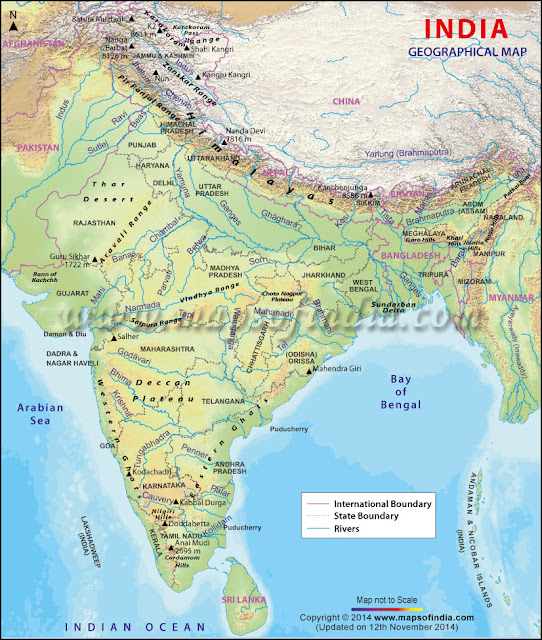Notes on International Monetary Fund
ssc preparation, important competetion questions, current affairs of india, latest question asked in competetion papers,


Notes on International Monetary Fund – An Introduction
The International Monetary Fund (IMF) is an international organization of 189 countries, working to foster global monetary cooperation, secure financial stability, facilitate international trade, promote high employment and sustainable economic growth, and reduce poverty around the world. It now plays a central role in the management of balance of payments difficulties and international financial crises. The IMF also works to improve the economies of its member countries.
Notes on International Monetary Fund – Organizational Structure:

The organization’s objectives stated in the Articles of Agreement are:
To promote international monetary co-operation, international trade, high employment, exchange-rate stability, sustainable economic growth, and making resources available to member countries in financial difficulty
Other objective includes:
- To facilitate the expansion and balanced growth of International Trade
- To establish a multilateral system of payments
Notes on International Monetary Fund – Facts
⇒ Abbreviation: IMF
⇒ Formation: 7 July 1944
⇒ Type: International Financial Institution
⇒ Purpose: Promote international monetary co-operation, facilitate international trade, foster sustainable economic growth, and make resources available to members experiencing balance of payments difficulties
⇒ Headquarters: Washington, D.C., United States
⇒ Membership: 189 countries
⇒ Managing Director: Christine Lagarde
⇒ Main Organ: Board of governors
⇒ Parent Organization: United Nations
⇒ Staff: 2,700
Notes on International Monetary Fund – Functional Departments

Functions: The IMF has three principal functions and activities: surveillance of financial and monetary conditions in its member countries and of the world economy, financial assistance to help countries overcome major balance of payments problems, and technical assistance and advisory services to member countries
- It works to foster global growth and economic stability
- It helps to achieve macroeconomic stability and reduce poverty
- The IMF provides alternate sources of financing
- It oversee the fixed exchange rate arrangements between countries
- It helps national governments to manage their exchange rates and allowing these governments to prioritise economic growth
- It helps to provide short-term capital to aid the balance of payments.
- The IMF was also intended to help mend the pieces of the international economy after the Great Depression and World War II
- To provide capital investments for economic growth and projects such as infrastructure
- To examining the economic policies of countries with IMF loan agreements to determine if a shortage of capital was due to economic fluctuations or economic policy.
- The IMF also researched what types of government policy would ensure economic recovery.
- A particular concern of the IMF was to prevent financial crisis, from spreading and threatening the entire global financial and currency system
- The IMF negotiates conditions on lending and loans under their policy of conditionality
Notes on International Monetary Fund – Purpose of IMF
- Promote International monetary cooperation
- Expansion and balanced growth of international trade
- Promote exchange rate stability
- The elimination of restrictions on the international flow of capital
- Make resources of the fund available to the members
- Help establish multilateral system of payments and eliminate foreign exchange restrictions.
- Shorten the duration and lessen the degree of disequilibrium in international balances of payment.
- Foster economic growth and high levels of employment.
- Temporary financial assistance to countries to help the balance of payments adjustments
Notes on International Monetary Fund – Success of IMF
- International Monetary Cooperation
- Reconstruction of European Countries
- Multilateral System of Foreign Payments
- Increase in International Liquidity
- Increase in International Trade
- Special Aid to Developing Countries
- Providing Statistical Information
- Helpful in Times of Difficulties
- Easiness & Flexibility in Making International Payments
Notes on International Monetary Fund – Failures of IMF
- Lack of Stability in Exchange Rate
- Lack of Stability in the Price of Gold
- Inability to Remove Restrictions on Foreign Trade
- Rich Nations Club
- No help for development projects
- No Solution of International Liquidity
- Interference in Domestic Economies
- Inability to tackle the Monetary Crisis of August 1971
- Less Aid for Developing Countries
- High Rate of Interest
Notes on International Monetary Fund – India & IMF
India is a founder member of IMF. Earlier India was made a permanent Executive Director of the Board of Directors. At present India is no longer a permanent director. India is now an elected member of IMF.India’s rank is 13th among 185 member nations.
Advantages from Membership of IMF to India:
- Facility of Foreign Exchange
- Freedom from British Pound
- Membership of the World Bank
- Importance of India in International Sector
- Economic Consultation
- Help during Emergency
- Financial help for five Year Plans
- Special Drawing Rights
- Help in Foreign Exchange Crisis
- Profit from Sale of Gold
→ The relationship between the IMF and India has grown strong over the years. In fact, the country has turned into a creditor to the IMF. India and IMF must continue to boost their relationship this way, as it will prove to be advantageous for both.
→ The IMF’s primary purpose is to safeguard the stability of the international monetary system—the system of exchange rates and international payments that enables countries (and their citizens) to buy goods and services from each other.
→ The IMF works to foster global growth and economic stability. It provides policy advice and financing to members in economic difficulties and also works with developing nations to help them achieve macroeconomic stability and reduce poverty.

Comments
Post a Comment